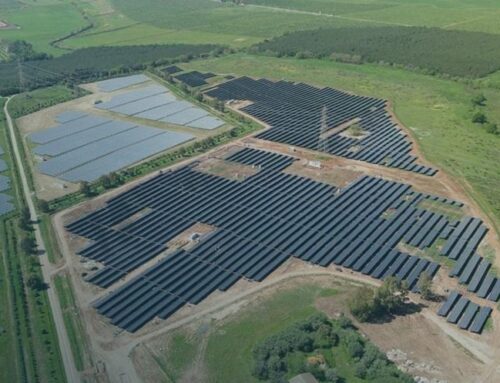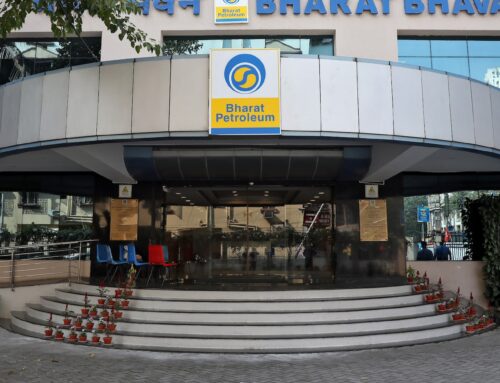UNIFI, Inc. Celebrates Brands Investing In Recycled Fibers
April 11, 2025
In the sustainable fashion space, companies like U.S.-based UNIFI, Inc., the makers of recycled performance fiber
REPREVE®, continue to make strides in the circular textile manufacturing space.
Thus far, they’ve taken in more than 42 billion plastic bottles and turned them into recycled fiber that can be used for various consumer products. The company is on track to recycle 50 billion bottles by December 2025 and 1.5 billion t-shirts worth of textile waste by 2030.
REPREVE’s growing footprint in the retail world is notable: in 2024, REPREVE accounted for 32% of UNIFI’s revenue, with a target of increasing that number to more than 50% by 2030.
With more than 6.5 billion gallons of water saved and 41.4 billion megajoules of fossil fuel depletion avoided, UNIFI’s sustainability movement is gaining traction not just among consumers, but within entire retail supply chains.
The retailers who use these recycled fibers in apparel, footwear, home goods, and other applications are investing in sustainability for the long term.
To celebrate its brand partners investing in recycled materials, UNIFI recently announced the winners of its 2025 Champions of Sustainability awards.
This year’s honorees collectively helped divert more than 42 billion plastic bottles from landfills, simultaneously reducing greenhouse gas emissions equivalent to 1.3 billion kilograms of carbon dioxide.
The eighth annual awards spotlighted brands driving sustainable innovation across the retail and textile industries. Key partners such as Nike, Target, Walmart, and Polartec received the Billion Bottle Award for recycling over one billion bottles through their supply chains.
Newcomers like Free Country and Swannies were celebrated for surpassing the 10 million bottle milestone, while New Balance and Signet Mills were honored for their commitment to domestic manufacturing.
“Mainstreaming sustainable and circular solutions requires collaboration across industries, supply chains, R&D, and technology,” said Eddie Ingle, CEO of UNIFI. “This year’s REPREVE Champions of Sustainability are pushing boundaries and setting new benchmarks for environmental responsibility.”
Zooming out, it’s clear there are still many more opportunities for expanding investment in recycled materials. The 2024 Circularity Gap Report (Textiles) found that only 0.3% of the 3.25 billion tons of resources consumed each year to produce items within the global textile industry come from recycled resources.
Operators like Ali Rose van Overbeke, who currently serves as the Director of Marketing at Kadeya but previously founded Genusee, a company that formerly specialized in manufacturing eyeglasses made from recycled plastic bottles, know how challenging this path can be.
She explained that because recycling is a for-profit industry, it’s subject to the same market forces as any other: supply and demand, margins, and the need to optimize for return on investment.
“In the best-case scenario, materials are collected, cleaned, sorted, and baled. Those bales are sold to processors, who mechanically or chemically break them down into pellets, flakes, or fibers. Those then get sold to companies to be turned into final goods—like fabric, eyewear, or packaging,” she said.
However, she went on to explain that if brands aren’t buying those recycled materials, processors won’t buy from recyclers, and recyclers have no incentive to collect or sort them in the first place. The entire system has to work together, collectively, toward the end goal of increased sustainability.
For UNIFI, with its more than 3.1 million square feet of manufacturing and sorting facilities based in North Carolina as well as direct operations in Colombia, El Salvador, and Brazil, the infrastructure for apparel brands committed to investing in sustainable materials presents an opportunity for brands to invest in more responsible production in 2025 and beyond.
Search
RECENT PRESS RELEASES
Related Post


